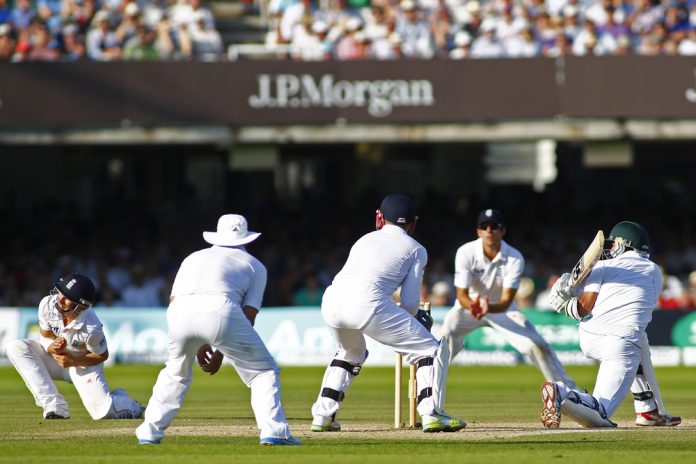Sport is ingrained in most cultures. Whether it’s cricket, football, basketball, or golf, the game gets into our psyches from a very young age. At least, that’s what it needs to do. We need exposure to it, regularly, via an easily consumable medium.
Up until 1992, English football was available to us via ITV and the BBC – both of which are free-to-air channels. Then Sky Sports took over and the old first division was rebranded as the Premier League.
Nowadays, most football is only available through some sports subscription platform such as the aforementioned Sky Sports or BT Sport. Sports streaming sites such as DAZN and Eleven Sports have also appeared on the market providing another shift in the way we watch our favourite teams.
However, we have just been treated to a hugely successful FIFA Women’s World Cup (WWC) tournament which was not hidden behind any ‘paywall’. In a tournament where the USWNT showed they are still the best women’s football team on the planet, viewership figures went through the roof in the UK.
England marched all the way to the semi-finals, buoyed by a football fever which took over the nation, largely thanks to the massive exposure the tournament received through the national broadcaster, the BBC.
The England-USA semi-final enjoyed a peak audience of 11.7 million people in the UK, making it the most-watched programme of 2019 so far. It’s no surprise, therefore, that the BBC has snapped up the rights to the UEFA Women’s European Championships in 2021 such is the growing popularity of the sport.
However, it can’t be underestimated just how important easy access to the women’s tournament was to help the growth of the game. On free-to-air television, new heroes were made for young girls all over Britain and the rest of the world.
Compare the success of the WWC to the coverage provided for the Cricket World Cup (CWC).
On Sunday, England beat New Zealand in the CWC final at Lord’s in London. The whole tournament has been broadcast on Sky Sports’ cricket channel which does require a full Sky Sports subscription.
To their credit, Sky TV reached an agreement with Channel 4 where the final was shown live on the free-to-air Channel 4 station. This allowed many, many more people to share in the glory of their nation’s victory – sometimes a once in a generation occurrence, often once in a lifetime.
Sky TV also broadcasted the match on its Sky One channel, meaning Sky TV customers who did not have the Sky Sports subscription also had the option of watching the final on Sky One or Channel 4.
As reported in The Guardian, around 4.5 million tuned in on Channel 4 to watch England and New Zealand do battle for the ICC World Cup trophy. However, the figures stayed below what the BBC enjoyed for its epic Wimbledon men’s final between Novak Djokovic and Roger Federer, which Djokovic won after it went all the way to a fifth-set tiebreaker.
The Djokovic-Federer encounter went on for an incredible five hours and the UK’s national broadcaster, the BBC, showed every minute of the clash on one of its free-to-air stations, BBC One. The final recorded a peak audience of 9.6 million.
That’s a exponential amount of the younger generation, who were possibly introduced to the world of tennis on Sunday, who all went to bed dreaming of their new heroes – Novak Djokovic and Roger Federer.
If sports events are only available as a premium service – charging subscriptions or pay-per-view fees to every household that wants to view an event – then the love of the sport will only pass down a family tree where it already exists.
If a mother or father does not have an interest in a particular sport, or sports in general, then they most likely will not be paying the subscription fees for Sky Sports, BT Sport or the like. In turn, their sons and daughters won’t be exposed to what could be something they love. They won’t get any of the benefits to early access to a sport they potentially could have loved.
There may be no way of reversing the move away from free-to-air sports coverage. Subscription packages for sports channels and pay-per-view one-off events are two of the most profitable revenue streams available in sports broadcasting today.
The longer the BBC and other national broadcasters continue to fight the good fight and provide easily consumable sports coverage, the better for everyone.






















